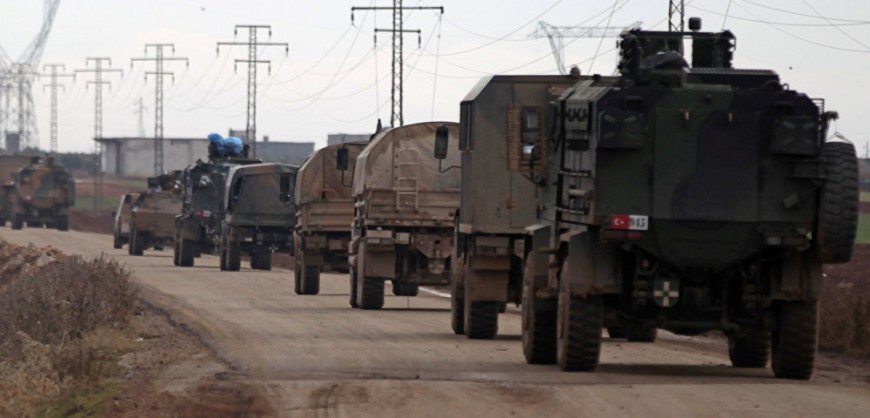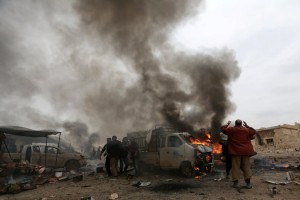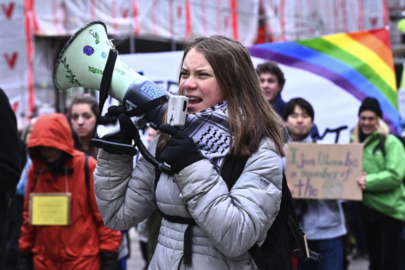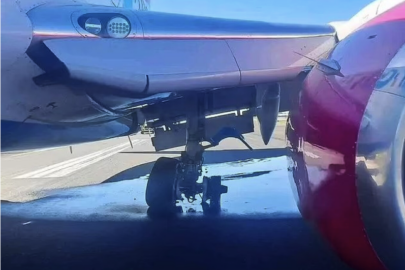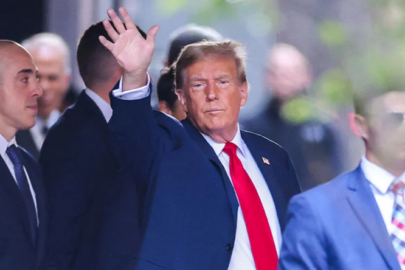A northern Syrian city that is one of the Islamic State’s last enclaves in the country is under assault by military forces bearing down from all sides.
The complication is that the advancing forces — the Syrian Army and pro-government militias backed by Russia, and Syrian rebels backed by Turkey — are sworn enemies.
Their simultaneous race to seize the city, Al Bab, has turned into a test of how a global realignment of powers supporting Syria’s antagonists could help reshape or end the nearly six-year-old conflict.
Al Bab, which had roughly 100,000 people when the war began in 2011, is the last urban area held by the Islamic State west of its proclaimed capital, Raqqa, where the group remains entrenched.
Russia and Turkey have swerved in recent months from outright hostility to working more closely in a diplomatic effort aimed at resolving the conflict, after fitful and repeated failures led by the United Nations and the United States.
But in the battle for Al Bab, Russia and Turkey must transform their newfound understanding into results on the ground, with the ambitious goal of pushing their Syrian partners into de facto military cooperation. Otherwise they risk creating a new flash point.
The coming days will show if the Syrian foes, who do not always obey their patrons, will work together for the first time against the Islamic State, or drive out the extremists and then try to kill one another.
The answers could shed light on whether Russia and Turkey have the leverage to push the opposing Syrian sides into substantive negotiations and real change.
As of Wednesday, they appeared to be partly succeeding. Russian and Turkish state-affiliated news media said that Turkey and Russia had been coordinating to prevent clashes outside Al Bab, and Syrian fighters on the ground confirmed the coordination.
These developments come amid a broader geopolitical reordering of the participants in the tangled Syria conflict. After the government’s crushing victory over rebel fighters in the city of Aleppo late last year, and the election of President Trump, who has called for closer American-Russian coordination, Russia has accelerated efforts to lead international diplomacy on Syria.
There are high hopes in Damascus that the United States will move closer to a de facto alliance with Russia in Syria and abandon its military support for groups seeking the ouster of President Bashar al-Assad.
But major questions remain, particularly concerning Mr. Trump, who has sent conflicting signals. He has suggested he will pay less attention to what many rights advocates have described as Mr. Assad’s brutality, and more on working with Russia on counterterrorism. At the same time Mr. Trump has begun to escalate tensions with Iran, the Syrian government’s other main backer and closest ally.
Turkish statements on Wednesday suggested the prospect of increased, if indirect, coordination between the United States and Russia, given the increased cooperation between Turkey and Russia.
Turkey’s state-run Anadolu news agency reported that President Recep Tayyip Erdogan of Turkey and Mr. Trump had agreed in a phone call on Tuesday night to “act together” in the Al Bab battle as well as in a coming fight for Raqqa.
But the White House — on the eve of a visit to Turkey by the new C.I.A. director, Mike Pompeo — did not emphasize Al Bab, saying only that Mr. Trump had promised Mr. Erdogan that the United States would continue cooperating against the Islamic State.
Either way, the tempo of airstrikes by the American-led coalition against Islamic State targets around Al Bab has increased in recent days, with six strikes reported by the military on Tuesday alone, and 35 since Jan. 1.
Both pro- and anti-government forces expect to take advantage, vowing to seize Al Bab within days, fighters and supporters say.
Russia and Turkey have agreed that the pro-government forces, not the rebels, will enter the city, according to two government supporters with knowledge of the plans. Otherwise, they said, the rebels — who have pressed Al Bab on three sides for months — would have seized it long ago.
One of these people is an army soldier fighting there. The other is a pro-government informant from Al Bab, who now lives outside Syria but has relayed information to the Syrian military from his contacts in the city. Both were reached via internet chat and requested anonymity because they were not authorized to communicate with reporters.
Russia insisted on the terms for occupying Al Bab in a deal reached last month in Astana, Kazakhstan, according to the informant, who said Russia wanted pro-government forces to take the city in part to seize water facilities that could help alleviate shortages.
But it remains unclear if all rebel forces backed by Turkey in the Al Bab siege have accepted those terms. Some stepped up their assault on Wednesday and vowed to take the city first.
Allowing pro-government forces to occupy Al Bab could be humiliating for the rebels before a new round of peace talks scheduled to start on Feb. 20 in Geneva. But with shrinking options, the rebels are increasingly wedded to the wishes of their Turkish backers.
Other military moves offer more clues to how the United States and others are approaching the battleground shifts.
More here: nytimes.com

